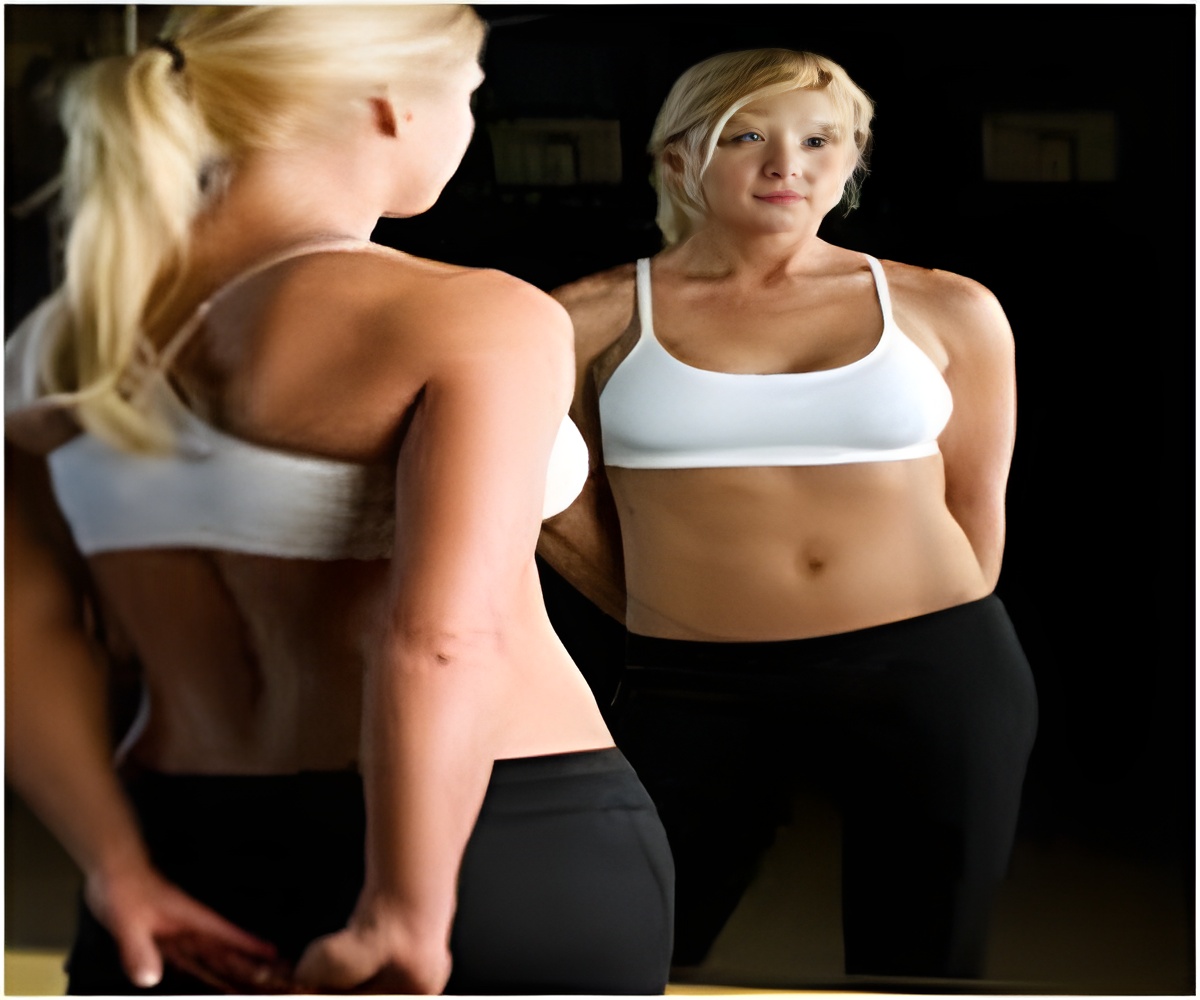We bask in regarding ourselves as rational creatures, beings that absorb information, weigh it cautiously and make mindful decisions.

One particularly powerful influence may be our own bodies, according to a new research.
Cognitive scientist Daniel Casasanto, of The New School for Social Research, has shown that quirks of our bodies affect our thinking in predictable ways, across many different areas of life, from language to mental imagery to emotion.
People come in all different shapes and sizes, and people with different kinds of bodies think differently - an idea Casasanto has termed the 'body-specificity hypothesis.'
One way our bodies appear to shape our decision-making is through handedness. Casasanto and his colleagues explored whether being right-handed or left-handed might influence our judgments about abstract ideas like value, intelligence, and honesty.
Through a series of experiments, they found that, in general, people tend to prefer the things that they encounter on the same side as their dominant hand.
Advertisement
These kinds of preferences have been found in children as young as 5 years old.
Advertisement
Right-handers interact with their environment more easily on the right than on the left, so they come to associate 'good' with 'right' and 'bad' with 'left.'
This preference for things on our dominant side isn't set in stone. Right-handers who've had their right hands permanently handicapped start to associate 'good' with 'left.'
The same goes for righties whose 'good' hand is temporarily handicapped in the laboratory, Casasanto and colleagues found.
"After a few minutes of fumbling with their right hand, righties start to think like lefties," said Casasanto.
"If you change people's bodies, you change their minds," Casasanto added.
The study has been published in Current Directions in Psychological Science, a journal of the Association for Psychological Science.
Source-ANI









